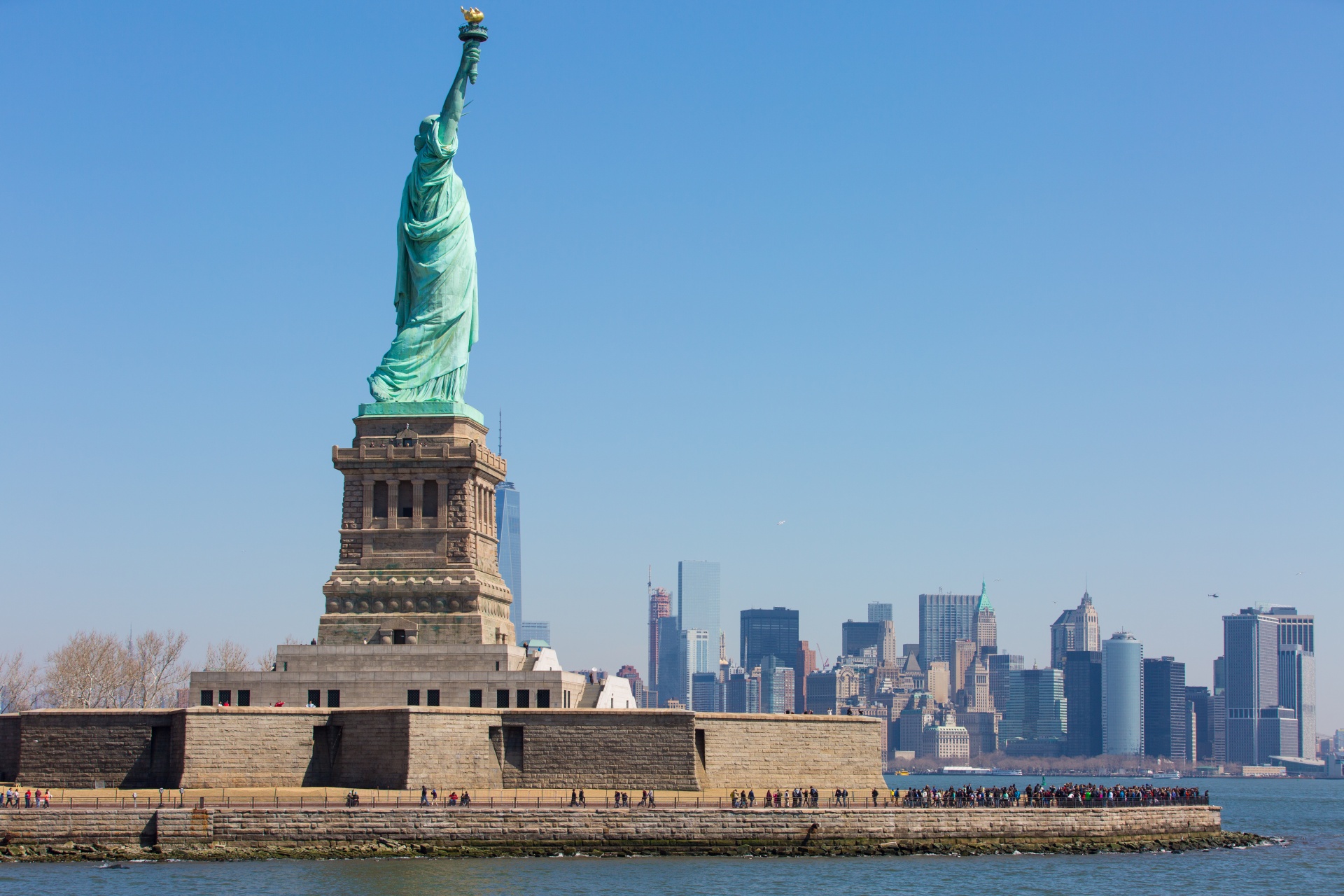Immigration Ban 101: Understanding Trump’s Executive Order
Trump’s executive order on immigration has created mass confusion, waves of legal battles, and incited outrage across the nation. In the chaos that ensued after the executive order dropped, legal professionals began filing lawsuits that eventually led to a temporary suspension of the ban. Although the initial decision by the Ninth Circuit Court of Appeals is foretelling the executive order would ultimately be held unconstitutional, let’s take a closer look at the immigration policies Trump wants to implement.

Who’s Covered?
- The order suspended new refugee admissions for 120 days, which suggests new vetting procedures were on the way. Although Trump says he wants a heavier regulated process, the U.S. refugee admissions system is already strict. Refugees typically apply through the Office of the United Nations High Commissioner for Refugees (UNHCR), which then goes through several databases, including the State Department, the National Counterterrorism Center/FBI’s Terrorist Screening Center, the Federal Bureau of Investigation, Interpol, Drug Enforcement Administration, and the Department of Defense. Currently, it can take anywhere from 18 to 24 months for the vetting process.
- The order suspended the Syrian refugee system Last year, Trump’s Vice President, Mike Pence, tried to stop resettlement of Syrian refuges into the State of Indiana, but was blocked by an appeals court who ruled his attempt as “nightmare speculation”. The order also requests review of a state’s right to accept or deny refugees for resettlement in their state, which is no doubt a nod to Pence.
- The order bans entry into the U.S. from seven majority-Muslim countries for 90 days. Those countries include Iran, Iraq, Libya, Somalia, Sudan, Syria, and Yemen, but more countries could be added at any point under the discretion of the Department of Homeland Security. The ban was unclear as to whether the restriction included legal U.S. residents, which created chaos for individuals that were traveling when the order hit. The Department of Homeland Security later clarified that some legal residents that didn’t pose a legal threat would be allowed in. I’m not sure you can call that much of a clarification, though, as it’s still vague.
- The ban included denial of entry of dual-nationals. This means even if you hold a passport from another country, but also one from one of the 7 above-listed countries, you could be banned from entering the U.S.
- Prioritize refugees based on religion. While Trump claims it isn’t a ban on Muslims, there is a small provision within the executive order that says priority should be given to those of a minority religion, implying those religions other than Muslim will be given preference.
- Lower the total number of refugees to be accepted from any country in 2017. This isn’t a new concept, as each year the president determines how many refugees will be admitted into the U.S., but the number is down from the previous 110,000. While the U.S. has traditionally been one of the largest refugee resettlement countries in the world, this could easily change as Trump lowered the number to 50,000.
What Can We Expect to See Next?
While the current executive order was blocked by a federal court, this could all be a moot point as Trump has already announced his plans to rescind the current order and issue a new one that’s tailored around the Ninth Circuit Court of Appeal’s decision. Sounds like a façade, only to appease the constitutional issues raised by ban, as Trump has made his intentions clear about who he wants to allow in the country.
One of the main arguments against the ban is that it’s unconstitutionally discriminatory based on religion. Even if a new executive order is issued, it doesn’t seem likely Trump can avoid another lawsuit for discrimination because who he wants to prohibit from entering the country is entirely grounded on a person’s religion and nationality. At this rate, we’re likely to see a constant stream of legal battles over the next 4 years.
What our clients think
At LegalMatch, we value our client’s opinion and make it a point to address their concerns. You can refer to our reviews page if you want to know what our clients have to say about us.


Comments